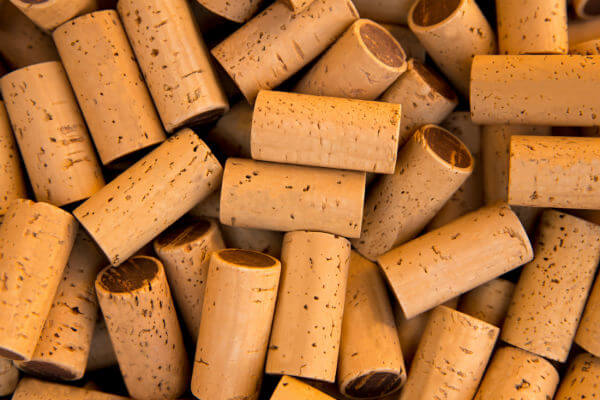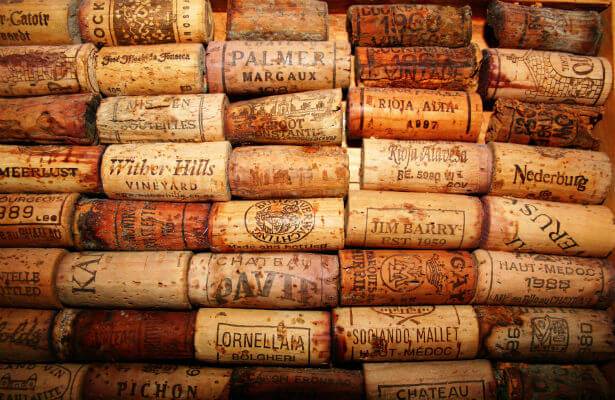Text João Barbosa | Translation Bruno Ferreira
No matter how many campaigns of promotion or defense of domestic production do the government and economic organizations enlist in, the indigenous will always be self-absorbed and look out for their pocket. We are an individualistic people, many times envious and we have a particular proneness to shoot bullets at our own feet.
Some days ago I tasted a wine from Adega Cooperativa de Vila Real, how good it would taste on a warm day. A gluttonous pinkish to be drank while exchanging ideas, too sweet to match whatever.
There was nothing wrong with the wine. The critic goes to the sealer. True that using screw caps or bottle caps on wines meant to be drank young is understandable. Understandable but poorly looking on Portuguese people. At least on indoors sales. Some markets prefer synthetic objects… that’s business, I can see them fitting the shelf of easy and brief wines.
A company that chooses, as sealer to its wine, a synthetic cylinder, slippery even for reasonable corkscrews, imitating cork should pay 85% business income tax. At the very least! Not only it’s «fraudulent» to imitate cork, it is also an attack on the economy.

Synthetic cork
Tourism accounts for 5.8% of Portugal’s GDP. Around May, sometimes April, scandinavians start to arrive, little resistant to our southern European sun. From June to September, they come by the thousands, in everyday flights, be it low-cost companies or charters, and by train… During the whole year there are cruisers coming in. Lisboa, Algarve, Porto, Madeira or Fátima offer a broad variety: beach, business, culture, spirituality, etc.
A tourist sits on a café terrace of Augusta Street and asks for a wine. The employee, moody, offers him a bottle with an artificial sealer. What image does he take back to his own land from us? That Portuguese despise their own economy.
Unfortunately, Adega Cooperativa de Vila Real is not a sole case. What makes it even more serious is being a company that deals with many farmers, paying them the grapes and providing direct and indirect employment. Should have more respect by silviculturists and national industrials.
By choosing to use a fake cork, Adega Cooperativa de Vila Real refutes the encouragement of domestic products’ usage. Why the hell should I drink Portuguese wines? Why would I offer Douro, Alentejo, Bairrada wines… to a foreign friend?
The cork colored cylinders – besides looking alike something they are not – are made of synthetic materials, which have a negative impact on the environment. You can argue that they can be recycled. Yeah, but then comes in the cork: in addition of being recyclable it’s easily reutilizable. What’s more, cork production, aside the income and employment it generates – directly and indirectly –, is positive on the environment, fixating carbon and sustaining ecosystems.
Long goes the time where drinking wine was like feeding a million Portuguese. Pretty far, but employs many Portuguese. In 2012, wine accounted for 11% of food exportation. In the overall of abroad sales, wine had a weight of 1.6% – equaling 725 million euros.

Cork
And cork? The cork oak bark accounts for 2% of national exportation – 845.7 million euros for 189.3 thousand tons. Cork employs over 8.700 people.
Wouldn’t it be better if Portuguese supported each other? Silviculturists, many of them also winemakers or winegrowers deserve acknowledgment. Repeating, it’s not a sole case… but it doesn’t look good on a house with so many farmers, to replace cork for a piece of «swear-word».




Leave a Reply